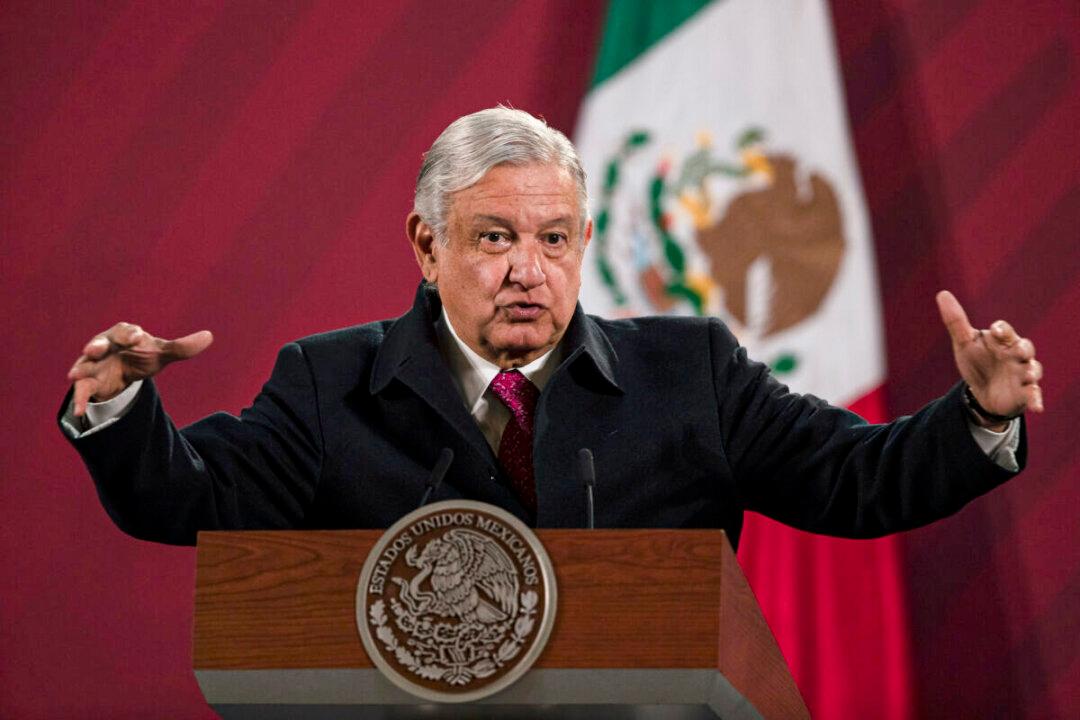MEXICO CITY—Mexico’s president said Wednesday he will create a state-owned company to mine lithium and appeared to suggest he will seek to cancel one of the few existing permits held by a Chinese company.
President Andrés Manuel López Obrador had said in October that he wants to declare lithium a “strategic mineral” and reserve future exploration and mining to the government. Lithium is a key component of batteries.





